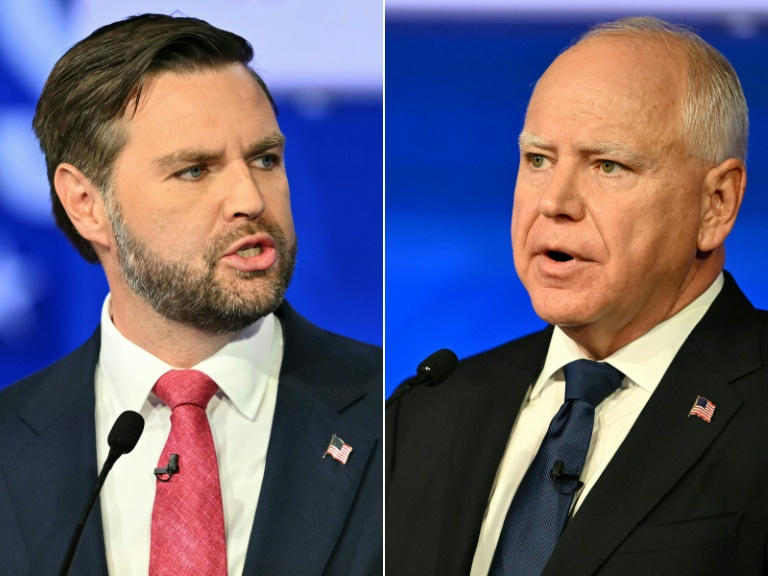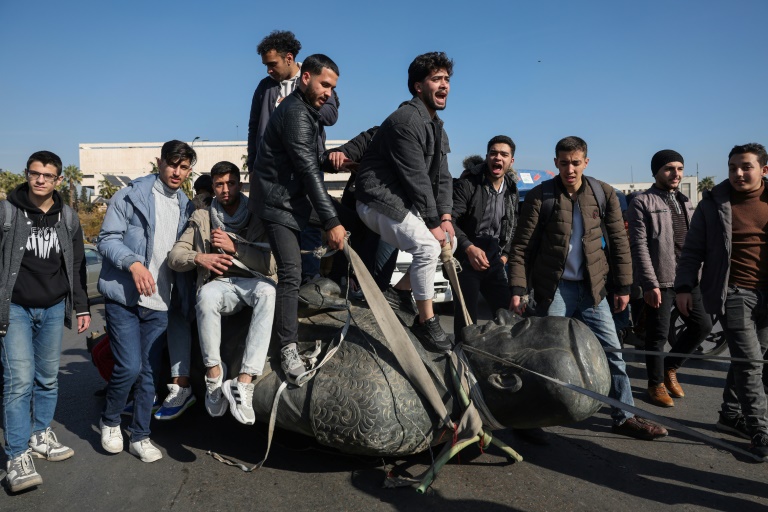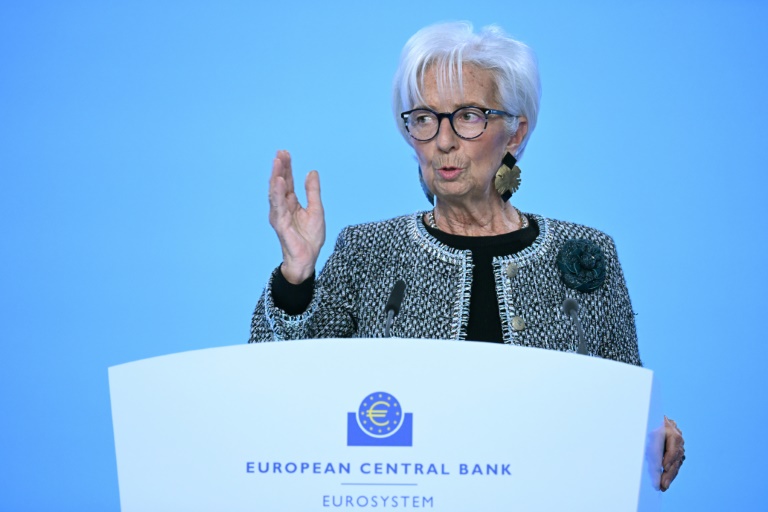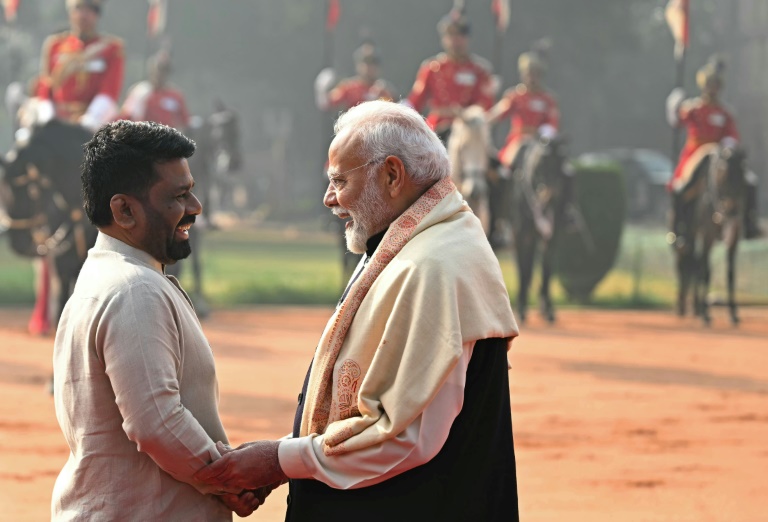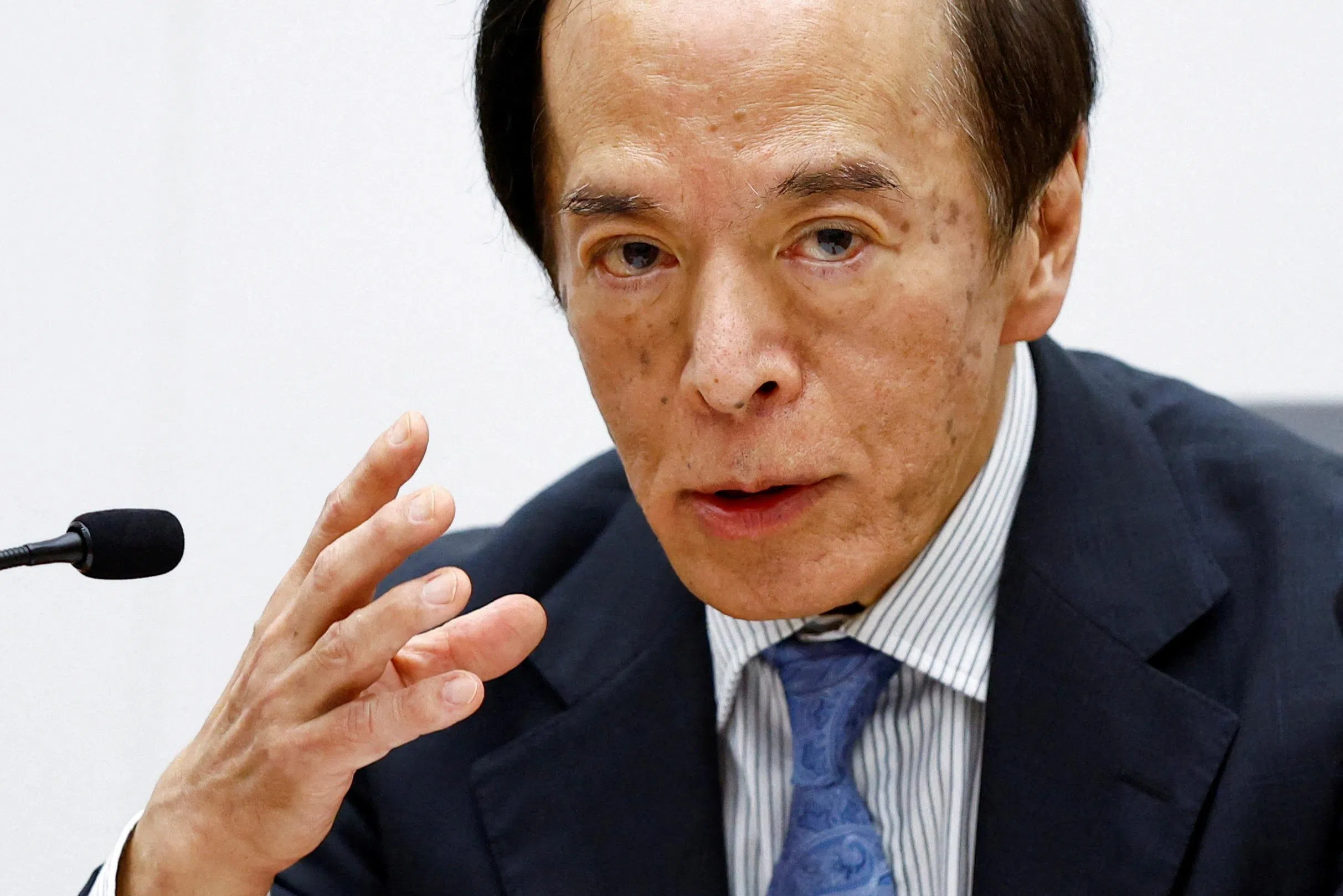US vice presidential contenders J.D. Vance and Tim Walz faced off in a surprisingly civil debate Tuesday, despite tense moments on the hot topics of migration, abortion and the threat of war in the Middle East.
Republican Vance and Democrat Walz dug into policy and avoided the bitter personal attacks that presidential candidates Donald Trump and Kamala Harris exchanged during an often heated clash in September.
But the shadow of their bosses hung over the CBS debate, with Walz attacking Trump as a threat to democracy and unfit to lead America on the world stage, and Vance slamming Harris’s record on the economy and illegal migration as part of President Joe Biden’s administration.
A key moment came near the end, when Vance refused to say whether he backed Trump’s false claims to have won the 2020 election against Biden.
Minnesota governor Walz accused him of a “damning non-answer” and blasted Trump over the January 6, 2021 attacks on the US Capitol by pro-Trump supporters.
There was also a fiery moment when Vance, who mostly restrained his persona as Trump’s attack dog, had his microphone briefly muted when the moderators tried to factcheck him on migration.
Walz said false stories spread by Vance and Trump about migrants in the town of Springfield, Ohio “dehumanize and villainize other human beings.”
Another tough exchange was over abortion, a key issue since a Supreme Court packed with judges picked by Trump overturned the national right to abortion in 2022.
Vance accused Democrats of taking a “very radical pro-abortion stance” who backed what he called “barbaric” laws. Walz hit back saying he was “pro-women.”
But the debate, which is likely to be the last before the November 5 vote, featured a mostly respectful tone despite the deep ideological differences between the two men.
Vance, 40, and Walz, 60, who both claim folksy roots in the US Midwest, said several times that they agreed with each other during the debate, and shook hands at the beginning and the end.
The usually ebullient Walz had a nervy start and stumbled several times, but became more confident, while Vance gave a smooth performance.
Their fire was trained instead on their opposite running mates.
Trump came up again as the “veep” rivals took on the crisis in the Middle East after Iran’s missile attack on Israel.
Walz slammed Trump’s foreign policy record, accusing the ex-president for a “turn towards” Russia’s Vladimir Putin” and his withdrawal of the United States from the 2015 Iran nuclear deal.
“As much as Governor Walz just accused Donald Trump of being an agent of chaos, Donald Trump actually delivered stability in the world,” Vance countered.
Walz faced some awkward questions, particularly when he was forced to admit he “misspoke” about whether he had been in Hong Kong during the 1989 Tiananmen Square protests in China.
Trump praised his protege after the debate, saying on his TruthSocial network: “GREAT JOB JD — We will MAKE AMERICA GREAT AGAIN!”
History suggests vice-presidential debates rarely move the dial much. But in an election campaign that has seen Harris step in for President Biden unprecedentedly late in the game, Tuesday’s contest may have added significance.
It was also a chance for Americans to be introduced to the two men who would be a heartbeat away from the presidency — or next in line should the president step aside.
Walz and Vance both claim to be the true voice of the crucial swing states that could decide the election.
Both are military veterans with strong blue-collar credentials. Vance authored the Rust Belt memoir “Hillbilly Elegy” — before going to law school and working in Silicon Valley — while Walz is a former teacher and football coach.
The combative Vance shares Trump’s penchant for courting controversy, whether by smearing Democrats as “childless cat ladies” or by boosting false claims that Haitians living in an Ohio town ate residents’ pets.
Walz became a hit with Democrats for branding Vance and Trump “weird” and for his progressive politics.

